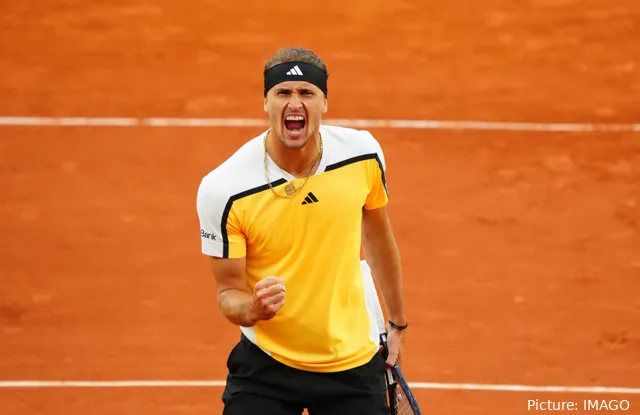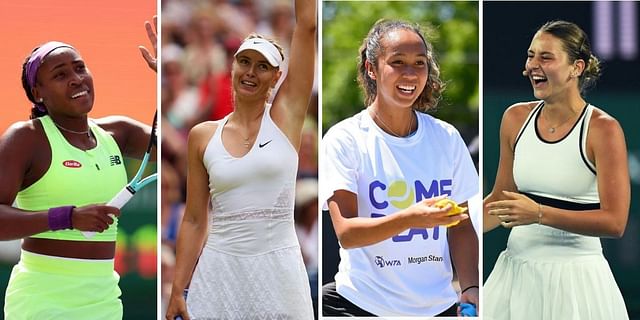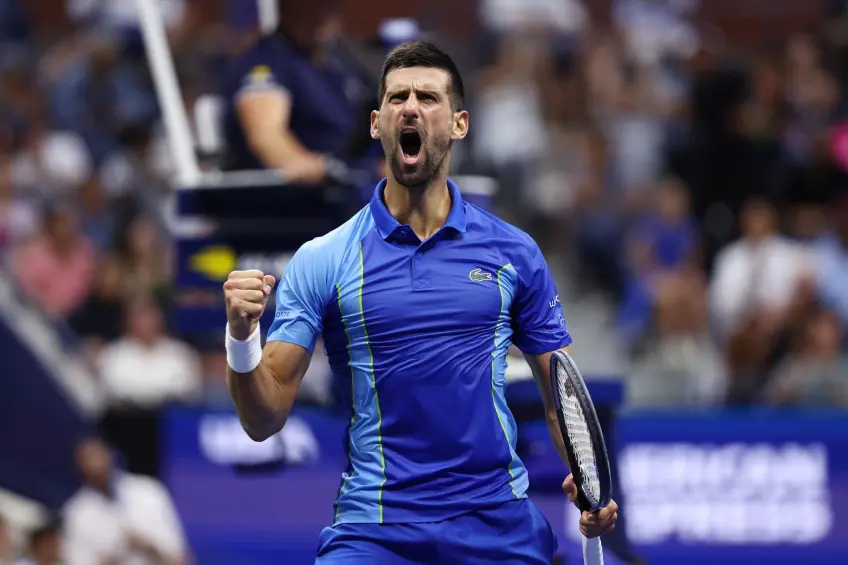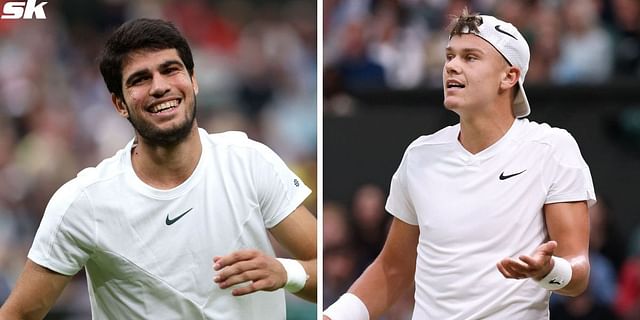In a dramatic turn of events at the Hamburg Open, Alexander Zverev found himself embroiled in a contentious dispute with the chair umpire after a controversial missed call during his second-round match against an unseeded opponent.
The incident, which occurred in the third set tiebreak, has sparked widespread debate and scrutiny within the tennis community. The pivotal moment unfolded during a tense exchange at 6-6 in the tiebreak, with Zverev serving to stay in the match. As the rally intensified, his opponent executed a drop shot that appeared to bounce twice before Zverev could reach it.
The German, renowned for his fierce competitiveness, reacted swiftly and managed to return the ball over the net, only to have the point awarded against him by the umpire.Immediately sensing an injustice, Zverev vehemently protested the call, gesturing towards the mark where he believed the ball had bounced twice.
The chair umpire, however, upheld the initial ruling, insisting that the ball was still in play after a single bounce. This decision prompted an irate Zverev to challenge the umpire’s judgment, arguing passionately that the missed call directly impacted the outcome of the crucial point.
Fans in attendance at the Rothenbaum Tennis Center were treated to an intense verbal exchange between Zverev and the chair umpire, with the former expressing his frustration and disbelief at what he perceived to be a blatant officiating error. Spectators watched on in astonishment as Zverev, known for his emotional outbursts on court, continued to remonstrate with the official, demanding a review of the disputed point.
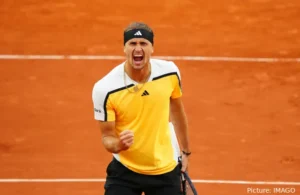
Despite Zverev’s fervent protests, the umpire stood firm on the decision, refusing to alter the call and instead urging both players to resume play. The incident ultimately culminated in Zverev dropping the next two points, effectively sealing his defeat in a match that had been fiercely contested up to that point.
In the aftermath of the match, Zverev expressed his disappointment and frustration during a post-match press conference, reiterating his belief that the missed call had a decisive impact on the outcome. The 24-year-old acknowledged his emotional reaction on court but maintained that such incidents highlight the need for improved officiating standards in professional tennis.The controversy surrounding Zverev’s clash with the chair umpire has sparked renewed discussions about the role of technology in officiating and the potential for human error in high-stakes matches.
Critics have called for greater transparency and accountability within the sport’s officiating framework, emphasizing the importance of fair play and accuracy in determining match outcomes.
As the Hamburg Open progresses, the fallout from Zverev’s contentious exchange continues to resonate throughout the tennis world, underscoring the challenges and controversies that can arise in the heat of competition.
With emotions running high and tensions mounting, players and officials alike face ongoing scrutiny over their decisions and conduct on the court
